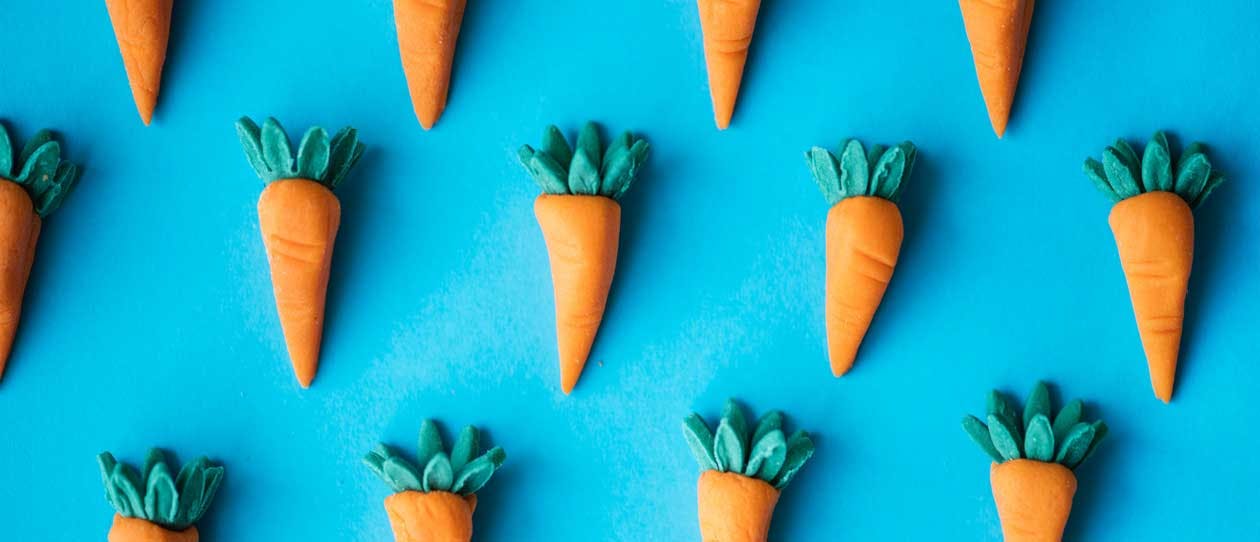What are vitamins anyway?
The easiest way to think of it is like this: vitamins are essential nutrients, which the body needs in small amounts for optimal wellbeing.
They help to maintain the immune system, and ensure that your body’s cells and organs can keep working properly.
Vitamins differ from
minerals in that the former are organic and are broken down by the body, while minerals are inorganic and hold onto their chemical structure.
For more everyday health tips, vitamin supplements and action plans, head to our
Everyday health hub.
13 essential vitamins
There are 13 known vitamins, all of which fall into one of two categories: they’re either
water-soluble or
fat-soluble.
Water-soluble vitamins aren’t stored in the body and include vitamin C and the eight B vitamins, which are also known as the ‘energy’ vitamins, thanks to the important role they play in energy production.
However, it’s worth noting that, while vitamin B12 and folate (which is another B vitamin) are water-soluble, they buck the trend slightly, because they can be stored by your liver.
On the other hand, as the name suggests, fat-soluble vitamins, such as vitamins D and E, are soluble in fats, or lipids, rather than water, which means your body’s able to store them.


